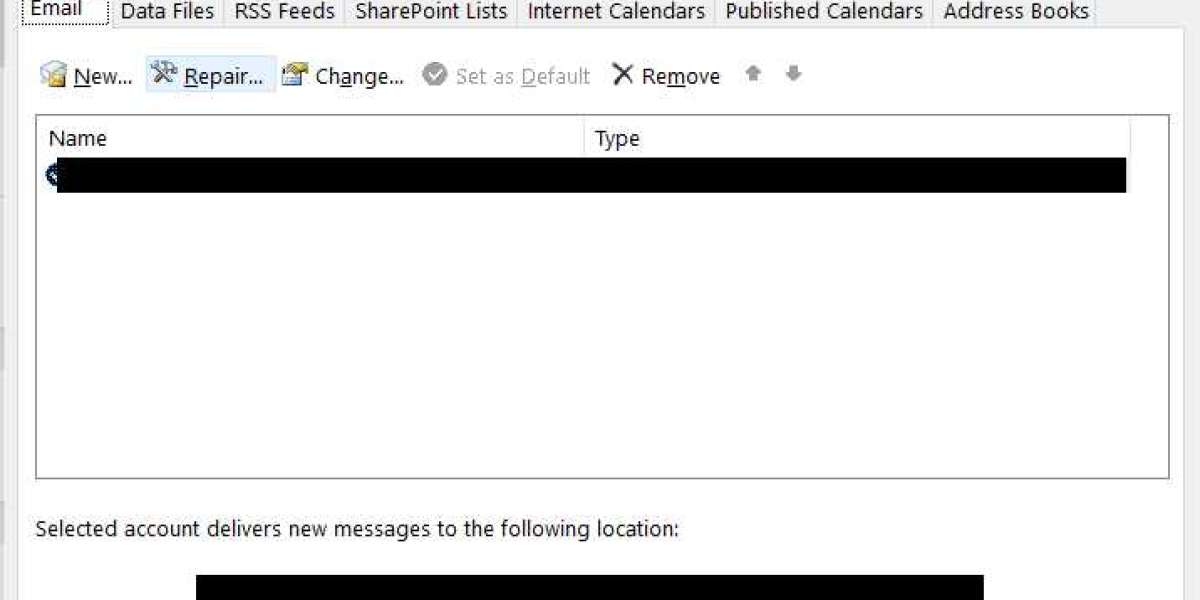In a perfect world, debt collection would be a simple process of communication and repayment. But for millions of Americans, it often turns into a nightmare filled with constant phone calls, aggressive messages, and intimidation tactics. These actions can create significant emotional and psychological distress, leaving consumers feeling powerless and unsure where to turn.
The issue of Core Recoveries debt collection harassment has become a focal point in consumer protection discussions, shedding light on the need for stronger awareness and enforcement of fair collection laws. When harassment crosses the line, it’s not only unethical—it’s illegal. Understanding how to identify unlawful behavior and protect yourself is key to regaining peace of mind and control over your finances.
Why Debt Collection Harassment Is So Common
Debt collection is a multi-billion-dollar industry, employing thousands of agencies that attempt to recover unpaid loans, credit card balances, and medical bills. While most operate within legal boundaries, the competitive nature of the business often encourages aggressive practices.
Some collectors are paid on commission, meaning the more they recover, the more they earn. This incentive can lead to violations of federal law, including excessive contact, false threats, and other forms of harassment. Additionally, with the rise of debt buying, where companies purchase old debts for pennies on the dollar, collectors may pursue accounts long after they are legally enforceable, hoping consumers will pay out of fear or confusion.
The Emotional and Mental Impact of Harassment
Debt collection harassment goes beyond financial inconvenience—it can take a real emotional toll. Many people experience anxiety, sleeplessness, or even depression as a result of aggressive collection tactics. Repeated calls at home and work can cause embarrassment, strain relationships, and lead to feelings of isolation or shame.
According to the Consumer Financial Protection Bureau (CFPB), debt collection remains one of the most common consumer complaints in the United States. Many victims report receiving calls multiple times per day or being threatened with arrest, wage garnishment, or lawsuits that never materialize. For vulnerable individuals—especially the elderly or those with limited income—the impact can be devastating.
Recognizing that these behaviors are not “just part of the process” is an important first step toward reclaiming control.
What the Law Says: Your Rights Under the FDCPA
The Fair Debt Collection Practices Act (FDCPA) was enacted to stop exactly this kind of abuse. It defines what collectors can and cannot do, providing a framework for fair communication between consumers and agencies. Under the FDCPA, debt collectors are prohibited from:
Contacting you outside the hours of 8 a.m. and 9 p.m.
Calling your workplace after you’ve asked them not to.
Using threats, intimidation, or profanity.
Repeatedly calling with the intent to harass or annoy.
Falsely claiming to be a lawyer, police officer, or government official.
Misrepresenting the amount or legal status of your debt.
Publicly disclosing your debt to anyone else.
Collectors must also provide a written notice within five days of their first contact, outlining the debt amount, the creditor, and your right to dispute the claim. If you request validation in writing within 30 days, they must stop all collection efforts until they verify the debt.
How to Recognize When a Collector Has Gone Too Far
Some harassment is blatant—such as threats of violence or using obscene language—but other tactics can be more subtle. Here are warning signs that a collector may be crossing the line:
Relentless Contact – Calling multiple times per day, including weekends or holidays.
Third-Party Disclosure – Telling friends, relatives, or coworkers about your debt.
Emotional Manipulation – Using guilt or shame to pressure you into paying.
False Legal Claims – Stating you’ll be arrested or sued immediately if you don’t pay.
Ignoring Written Requests – Continuing to call or message after you’ve asked for contact to stop.
Old or Discharged Debt – Trying to collect a debt that’s past the statute of limitations or already settled.
If any of these occur, document them immediately. Keeping a written record can make a significant difference if you decide to file a complaint or pursue legal action.
How to Protect Yourself from Debt Collection Harassment
You have more power than you might think when dealing with debt collectors. Here are practical steps to protect yourself:
1. Verify the Debt
Always ask for written validation before making any payments. Scammers often pose as collectors, hoping to scare people into paying debts they don’t actually owe.
2. Request Written Communication
Send a letter asking that all contact be made in writing. This creates a paper trail and helps stop harassing phone calls.
3. Keep Records
Document every call, voicemail, email, and letter. Note dates, times, names, and what was said. If you later file a complaint or lawsuit, this documentation can serve as critical evidence.
4. Send a Cease and Desist Letter
If harassment continues, you can legally demand that the collector stop contacting you altogether. Once they receive this letter, they can only reach out to inform you of specific legal actions, such as a lawsuit.
5. File a Complaint
Report the behavior to the Consumer Financial Protection Bureau (CFPB), Federal Trade Commission (FTC), or your state attorney general’s office. These agencies investigate violations and can impose penalties on repeat offenders.
6. Seek Legal Advice
Consumer rights attorneys specialize in FDCPA cases and can help you take legal action. In many cases, you may not need to pay upfront; attorneys can recover fees from the collector if you win.
The Role of Technology in Harassment
Advancements in technology have changed how collectors contact consumers. Auto-dialing systems, recorded messages, and AI-driven communication have made it easier for agencies to reach people—but they’ve also increased the potential for abuse.
For example, auto-dialers may call the same number dozens of times per day, creating a pattern of harassment. Text messaging and email collection attempts have also become more common, blurring the line between acceptable contact and intimidation.
If you receive frequent robocalls, you can block the numbers, keep a record, and file a complaint with the FCC for potential violations of the Telephone Consumer Protection Act (TCPA).
How to Stay Mentally and Emotionally Resilient
Dealing with debt collection harassment can be emotionally draining. It’s important to take care of your mental health while resolving the situation. Here are a few strategies:
Set boundaries: Don’t engage with collectors who use abusive language or intimidation. End the call immediately.
Talk to someone you trust: Share your experience with a friend, family member, or financial counselor.
Stay organized: Keeping documentation in order can help you feel more in control.
Don’t act out of fear: Never agree to payment arrangements under pressure. Take time to review everything in writing.
Remember, financial hardship does not define your worth. Harassment is about control, not communication—and you have the right to reclaim that control.
Conclusion
Debt collectors have a legal and ethical responsibility to treat consumers with respect and fairness. When they fail to do so, the law is on your side. You don’t have to tolerate intimidation or threats—there are clear steps you can take to stop the harassment and hold violators accountable.
Whether you’re dealing with Core Recoveries debt collection harassment or any other agency, knowing your rights under the FDCPA is essential. Keep records, communicate in writing, and don’t hesitate to seek help from consumer protection organizations or attorneys. With knowledge and persistence, you can protect your peace of mind and move toward financial recovery without fear.











